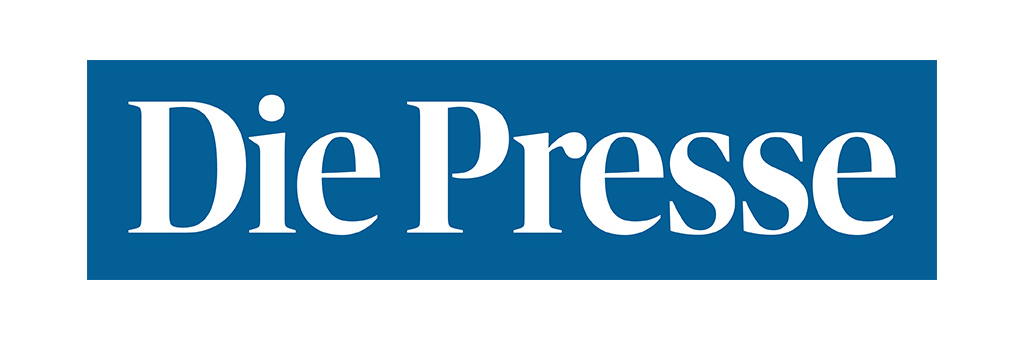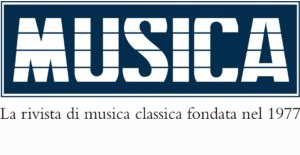On August 20-21, 1968, Russia-led troops from the Warsaw Pact invaded Prague. The period of expanded freedoms known as the Prague Spring was brutally crushed. The Czech conductor Rafael Kubelik had been living in Lucerne since 1938, having fled from both the Nazis and the Communists. When news of the Russian invasion reached him, he immediately established the “Foundation for Czechoslovak Émigrés after 21, August 1968” and began raising money for the cause. Kubelik had already been scheduled to conduct the New Philharmonia Orchestra in the final concert of the 1968 Lucerne Festival that September (the New Philharmonia, founded in 1964, played three concerts under three different conductors, the other two being Claudio Abbado and Otto Klemperer). At Kubelik’s urging an “Appeal to our Visitors” was placed on every seat requesting support.
It is not surprising, therefore, that Kubelik’s concert had an extra degree of intensity. He often emphasized the lyrical qualities of music more than the dramatic ones. However, on this occasion it is the drama that reigns. There are many details to which one could point, but perhaps the most obvious is the lead-in to the coda in the finale of Tchaikovsky’s Fourth Symphony. Kubelik slows down significantly, creates the quietest possible dynamics, and then elongates the pause before the coda begins. He then accelerates to a blistering conclusion, with every musician in the orchestra giving everything they have in terms of intensity.
A similar intensity is evident from the first chord of Haydn’s Symphony No. 99. There is an energy in the string playing and a richness to the overall sonority that make clear that this will be big-boned Haydn. Muscular does not have to mean heavy-handed, however, as the fleet and crisply articulated finale demonstrates. This performance represents the finest of old-fashioned Haydn in its full, rounded sonority, the tendency to employ ritards at key dramatic moments, and long, sustained phrases without slighting the wit and geniality of the music. Kubelik delivers one of those performances where you sense that everyone involved is giving 100%.
The same applies to the performance of Schoenberg’s Piano Concerto with John Ogdon’s particularly incisive brand of pianism. I will confess that I have spent more than fifty years trying to warm up to this score and have failed. I hear the craft Schoenberg put into the concerto, and how his particular Modernism reveals its roots in the German Romantic tradition. More than most, Ogdon brings a great variety of touch and even wit to the solo part. But the music just will not speak to me beyond being a collection of notes.
It is interesting to compare Kubelik’s reading of Tchaikovsky’s Fourth Symphony with the 1951 Chicago Symphony Orchestra recording that he made for Mercury. At 41:39 the Lucerne performance is only about a minute-and-a-half faster than the Mercury, but the real difference is about more than speed. From the whiplash sound of the opening fanfare to the range of expressivity overall, this is clearly a more energized Kubelik. I gave one specific detail from the finale, which can serve as an indication of the whole. Dynamics are extreme, the contrast between slow and fast is greater, and the sense of triumph in the final coda is more complete than on the studio recording.
The recorded sound is splendid––a good-quality late-1960s FM stereo broadcast, excellently reproduced here. The duration is short for two CDs, but they are being sold for the price of one. This concert, given the context in which it took place, was more than just another fine summer festival event. Kubelik had very strong patriotic feelings for his homeland, and he channeled them into an evening of impassioned music-making. We are fortunate that the event has been preserved and that Audite and the Lucerne Festival have made it available.










